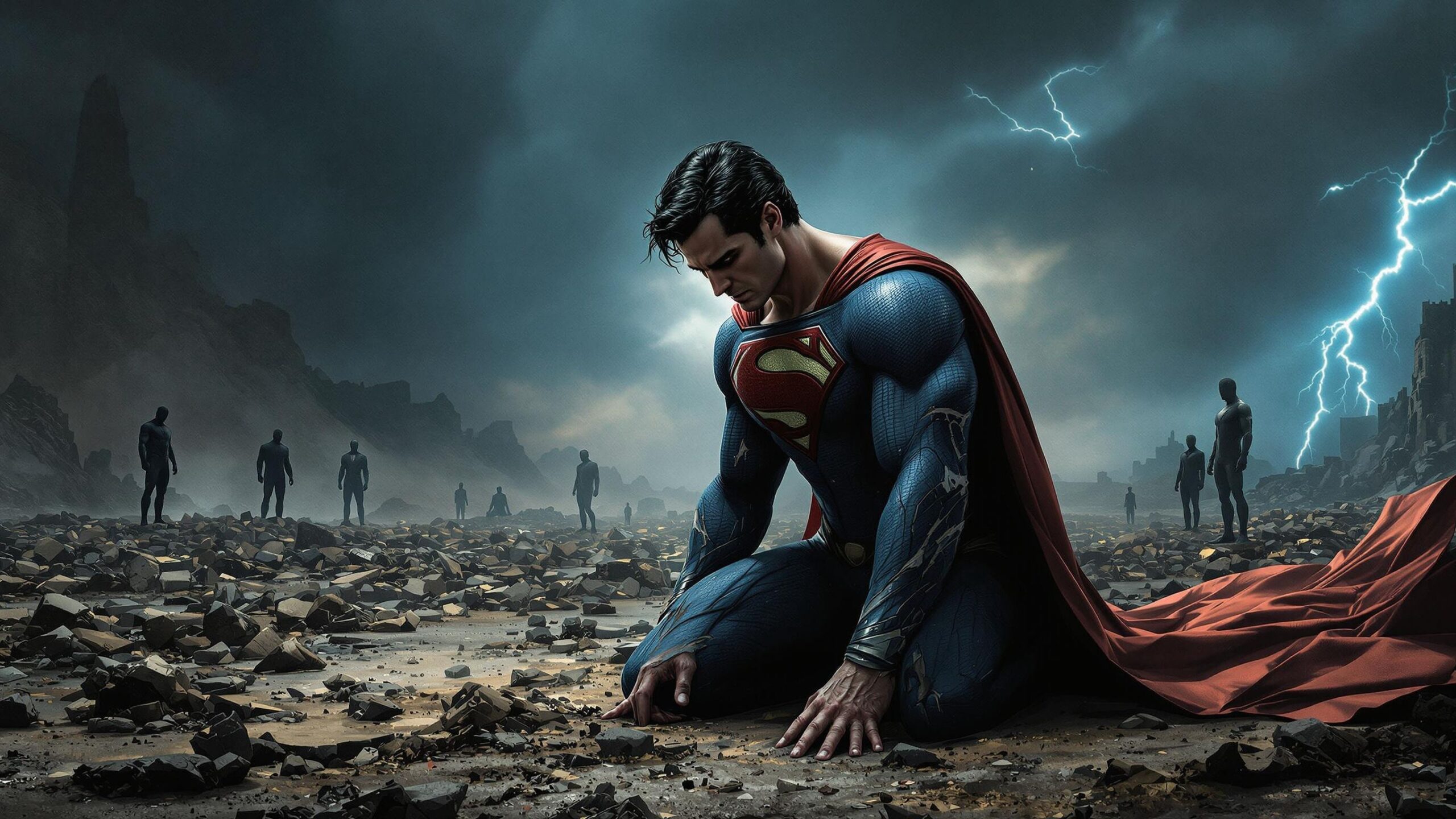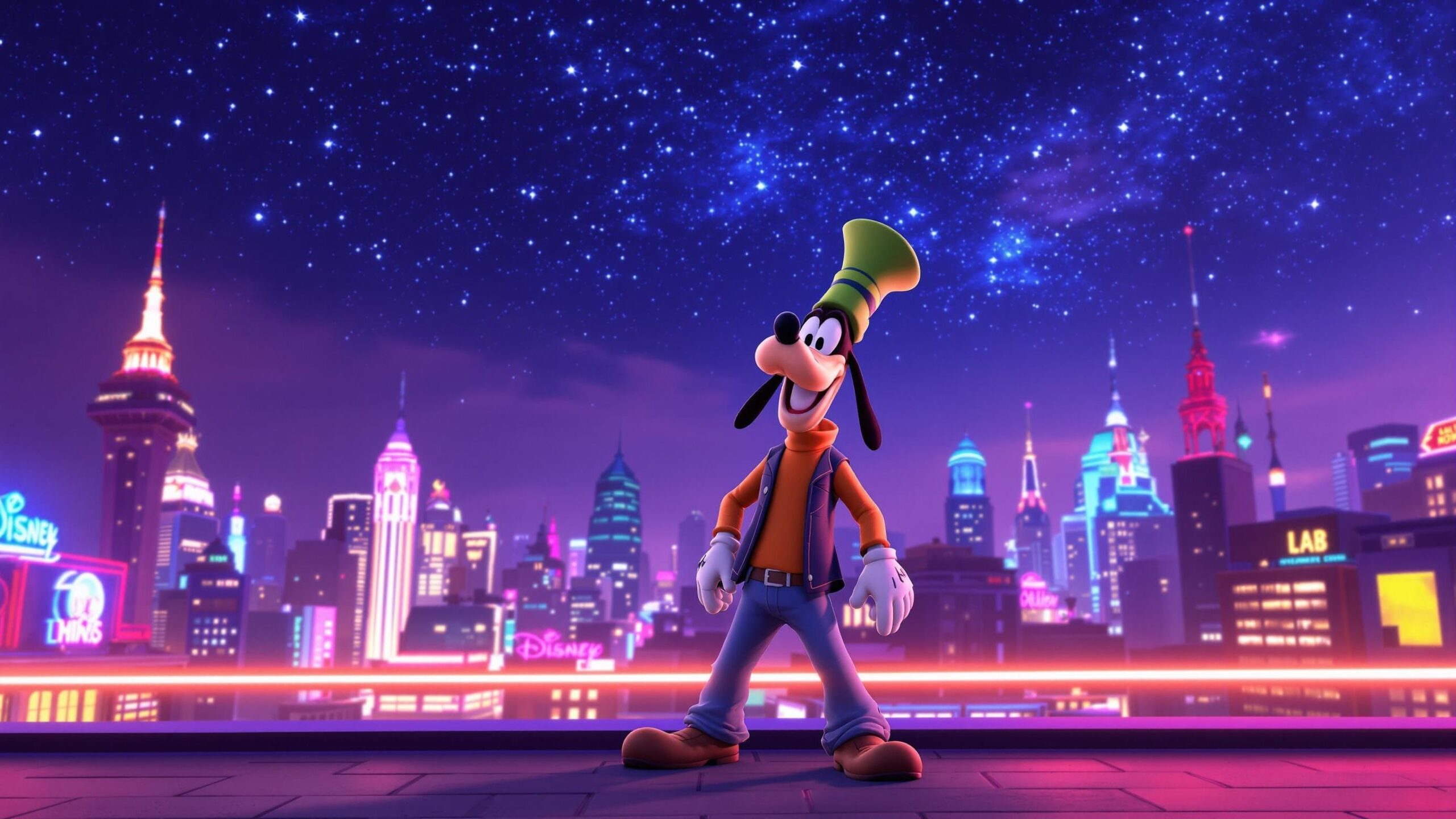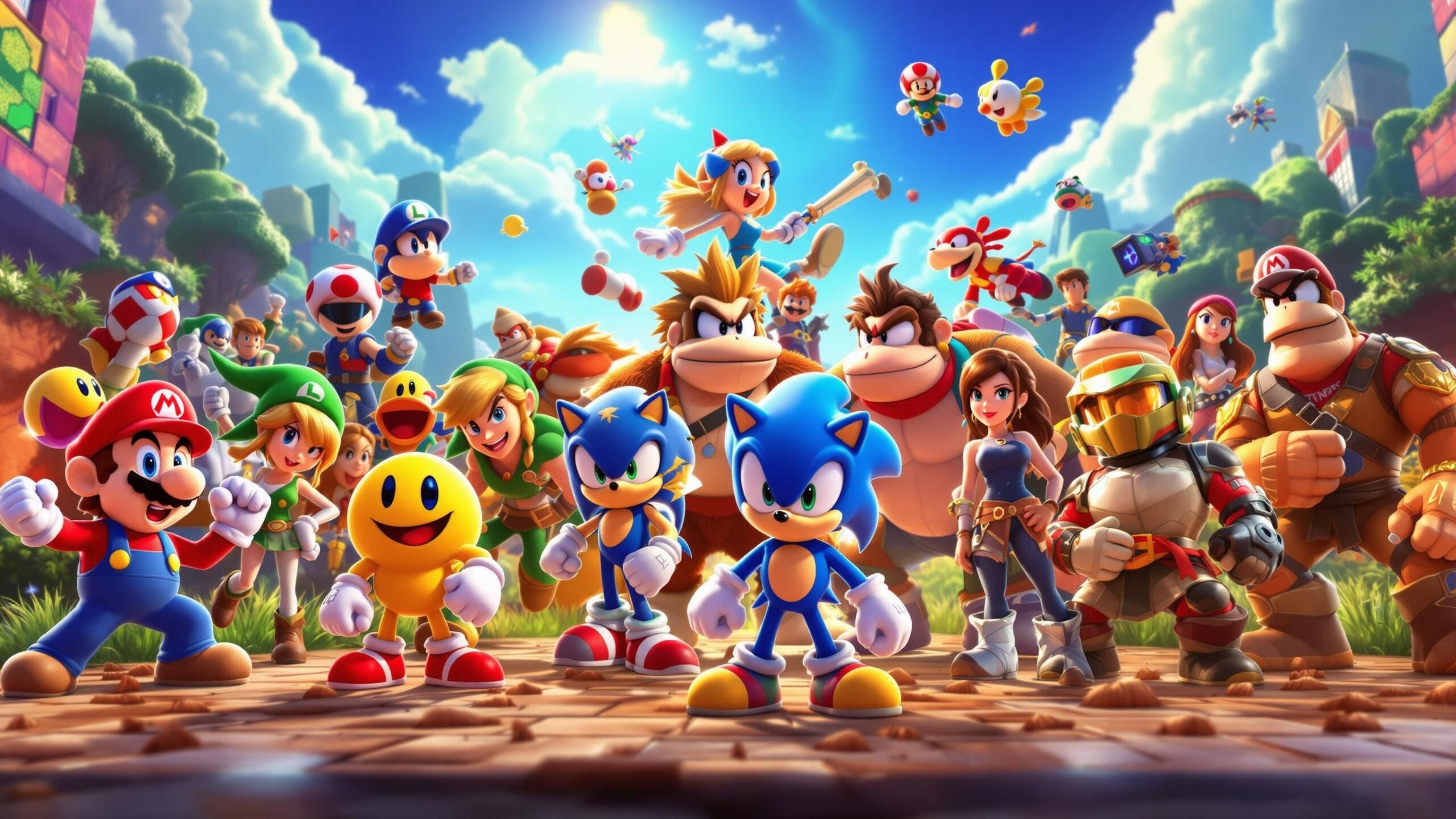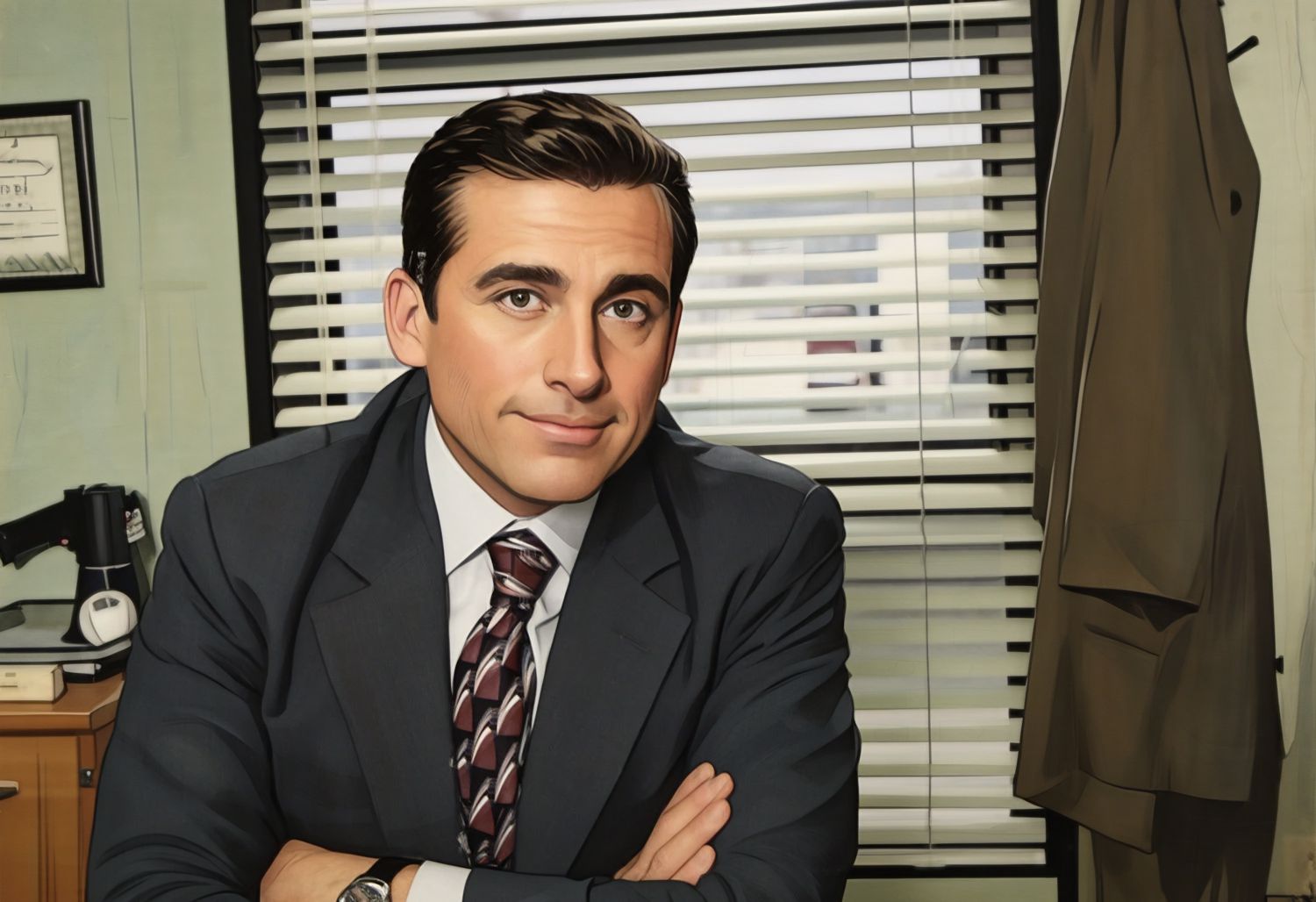Superman is the ultimate symbol of power in comic book history—faster than a speeding bullet, more powerful than a locomotive, and nearly invincible. But when the Man of Steel loses his powers, the very foundation of what makes him “super” is shaken. These moments aren’t just physical setbacks; they test Clark Kent’s character, courage, and humanity in ways that reveal more about the man than the myth. Whether through exposure to red sun radiation, Kryptonite poisoning, or cosmic manipulation, the loss of Superman’s powers has often led to some of his most emotional, heroic, and devastating moments. Here are the top 10 most devastating times Superman lost his powers.
#1: Superman II (Movie – 1980)
In Superman II, one of the most memorable and heartbreaking versions of Superman’s power loss played out on the big screen. In order to live a normal life and pursue a romantic relationship with Lois Lane, Clark Kent willingly gives up his Kryptonian powers inside the Fortress of Solitude. The red sun chamber strips him of his strength, speed, flight, and invulnerability, making him fully human. Initially, this sacrifice seems like a dream come true for Clark—but reality comes crashing in when he’s brutally beaten by a trucker in a roadside diner. The humiliation of being helpless in front of Lois, coupled with the knowledge that General Zod and his minions have invaded Earth, forces Clark to confront the cost of his decision. This moment stands out because it wasn’t due to an enemy’s weapon or natural phenomenon—it was his choice. Clark had to willingly give up the power to be with someone he loved, and that vulnerability made him more human than ever. When he regains his powers later, it’s triumphant—but the lesson remains: even Superman must sometimes sacrifice happiness for duty.
#2: Superman: Up in the Sky
In Superman: Up in the Sky by Tom King and Andy Kubert, Clark embarks on a cosmic odyssey to save a kidnapped girl taken across the universe. During one of the story’s most profound sequences, Superman is subjected to a simulated reality in which he believes he’s lost his powers permanently. The simulation forces him to live an ordinary life as a powerless man in Gotham, one where he experiences frustration, limitation, and failure. What makes this loss so powerful isn’t the physical vulnerability—it’s the psychological toll. Even without powers, Clark tries to help people, fights for what’s right, and endures heartbreak with dignity. The twist comes when it’s revealed that the entire scenario was designed to test whether Superman would continue to be heroic without his abilities—and he passes, proving that the strength of Superman lies not in his fists, but in his heart. This power loss is devastating because it forces Clark to question his identity and purpose, reminding readers that even stripped of his godlike abilities, he is still a hero.
#3: Superman: Exile
In the Exile storyline, Superman voluntarily exiles himself into space after executing General Zod and two other Phantom Zone criminals in an alternate dimension—a rare and haunting moment of guilt for the Man of Steel. While wandering the stars in self-imposed punishment, Superman’s powers begin to fluctuate due to lack of consistent yellow sun exposure. The further he gets from Earth’s nourishing sunlight, the weaker he becomes. This isn’t a dramatic drop-off—it’s a slow, creeping loss of strength that leaves him emotionally and physically vulnerable. On alien worlds, he’s nearly killed, enslaved, and tortured. What makes this storyline so devastating is the combination of power loss with emotional self-destruction. Superman doubts himself, his values, and his place in the universe. At one point, he even questions whether he deserves to survive. His slow decline and eventual rediscovery of purpose highlight the burden of carrying both immense power and the consequences of its misuse. The storyline ends with a quieter redemption rather than fanfare, emphasizing that Clark’s true strength lies in his willingness to take responsibility—even at his weakest.
#4: Superman: For Tomorrow
Brian Azzarello and Jim Lee’s For Tomorrow arc is drenched in philosophical musings and complex moral dilemmas, and at its heart lies one of Superman’s most emotionally charged power losses. In the story, a mysterious phenomenon known as “The Vanishing” causes a million people—including Lois Lane—to disappear without a trace. As Superman investigates, his powers begin to falter unpredictably, causing frustration, fear, and dangerous miscalculations. The source of the power disruption is eventually linked to advanced alien tech and metaphysical interference tied to the Vanishing’s origin. During this period, Clark’s invulnerability wanes, his flight becomes erratic, and his heat vision shorts out—symbolizing not just physical weakness, but spiritual disconnection. Superman, once the world’s rock, becomes uncertain and fragile. What makes this twist devastating is how deeply personal it is. His power loss reflects his internal crisis—doubt, grief, and anger over Lois’s disappearance. The arc delves into questions of faith, control, and whether Superman can be a savior without clarity. The fluctuating power loss serves as both metaphor and obstacle, making the journey toward redemption all the more profound.
#5: The New 52 – Truth
In the Truth storyline from the New 52 era, Superman undergoes one of the most prolonged and humiliating power losses in his history. Following exposure to a new form of Kryptonite, Clark is left significantly weakened and unable to fully recharge. Adding insult to injury, his secret identity is publicly revealed by Lois Lane, stripping him of both power and privacy. Clark becomes a street-level vigilante, relying on sheer will and modified Kryptonian tech to keep fighting crime. He bleeds, he tires, and he’s often outmatched—but he never quits. The emotional devastation here stems not only from losing his powers, but from losing the trust of the public and those he loves. His vulnerability makes him a target for enemies and a symbol of division among allies. Yet even as he fights without powers, Superman becomes more human and relatable than ever. He shows that courage isn’t measured by super strength, but by the refusal to stop doing what’s right—even when the world turns its back on you.
#6: Superman: The Final Days of Superman
In this emotionally wrenching storyline that bridges the end of the New 52 and the beginning of DC Rebirth, Superman slowly dies from cellular decay caused by exposure to a combination of Kryptonite poisoning, overuse of his solar flare ability, and intense battles with foes like Rao. The most tragic part is that Clark doesn’t lose his powers all at once—they fade gradually as his body deteriorates. Every flight, every heat vision blast, every punch weakens him further. He is literally burning himself out to save others. This version of Superman doesn’t rage against death—instead, he embraces it with courage and dignity. One of the most powerful scenes comes when he quietly says goodbye to his closest friends and gives his final message to the world: “This is my world. You are my people.” His eventual death—his body crumbling into ash beneath the sunset—serves not only as a loss of power, but of presence. For a character so defined by what he can do, the twist here is that Superman’s legacy isn’t measured in strength—it’s measured in the hope he leaves behind.
#7: Superman: Red Son
In the alternate universe of Red Son, where Kal-El lands in the Soviet Union and becomes the symbol of Communist power, the loss of Superman’s abilities comes not from an external threat, but from a single act of rebellion. In the climactic finale, Lex Luthor and a coalition of resistance forces create a miniature red sun generator that strips Superman of his powers by mimicking Krypton’s red sun radiation. In a stunning moment, Superman—realizing the devastation his rule has caused—walks into the explosion, seemingly sacrificing himself for a better future. The power loss is symbolic and literal; it represents the end of his godlike grip over the world and the beginning of human self-determination. What’s devastating isn’t just that Superman loses his abilities—it’s that he finally sees how absolute power corrupted his ideals. The twist redefines Superman not as a savior, but as a cautionary tale, and his loss of power becomes an act of atonement rather than defeat.
#8: Superman and the Red Sun World
In various stories—most notably during Action Comics arcs and classic Silver Age tales—Superman finds himself trapped on worlds orbiting red suns, where his Kryptonian physiology is rendered useless. Without Earth’s yellow sun to power his cells, he becomes an ordinary man. One recurring location is the planet Rokyn, also known as New Krypton, where the environment nullifies his powers. What makes these stories impactful is that Superman often has to rely on diplomacy, intelligence, and sheer grit to survive and save others. Stripped of flight, strength, or speed, he becomes a vulnerable refugee—reminding readers that his heroism isn’t dependent on cosmic radiation. These moments force Superman to be resourceful and to prove that courage doesn’t come from what you can do, but from who you choose to be when you can’t do anything. They’re often more quiet than bombastic, but emotionally profound for showing how Clark rises above limitations.
#9: Superman: Blue Energy Form
In the late ’90s, Superman underwent a bizarre transformation into an energy-based lifeform in the Superman Red/Superman Blue saga. During this time, he developed new abilities—including energy manipulation, teleportation, and intangibility—but lost many of his iconic powers like super strength, flight (in the traditional sense), and invulnerability. He had to wear a containment suit just to stay cohesive. While not a loss of powers in the traditional sense, the transformation was shocking because it left Superman alien even to himself. He struggled to connect with the world, and his identity crisis deepened when he was split into two separate beings—Superman Red and Superman Blue—each representing different facets of his personality. The twist here was psychological: Superman was no longer the symbol people recognized, and he didn’t feel like himself. This loss of identity and connection to humanity made the arc surprisingly emotional beneath the flashy premise. The transformation was eventually reversed, but the story remains a reminder that even Superman can feel out of place in his own skin.
#10: All-Star Superman
Grant Morrison’s All-Star Superman begins with a shocking premise: Superman is dying. After flying too close to the sun to save a mission crew, his cells begin to overload with solar energy—essentially burning him out from the inside. Instead of gradually losing powers, Superman becomes overpowered to the point of fatal instability. But even as death looms, he doesn’t falter. He spends his remaining days performing miracles, righting wrongs, and preparing the world for a future without him. One of the most moving moments comes when he comforts a suicidal girl, showing that even in his final hours, his empathy remains his greatest gift. In the end, Superman completes his final task and ascends into the sun, keeping it alive as a cosmic engine. The twist isn’t that he loses his powers in a traditional sense—but that he gives up everything, including life, to ensure the world continues. It’s a poetic and mythic take on power loss—one that turns Superman into a symbol not of might, but of eternal hope.




